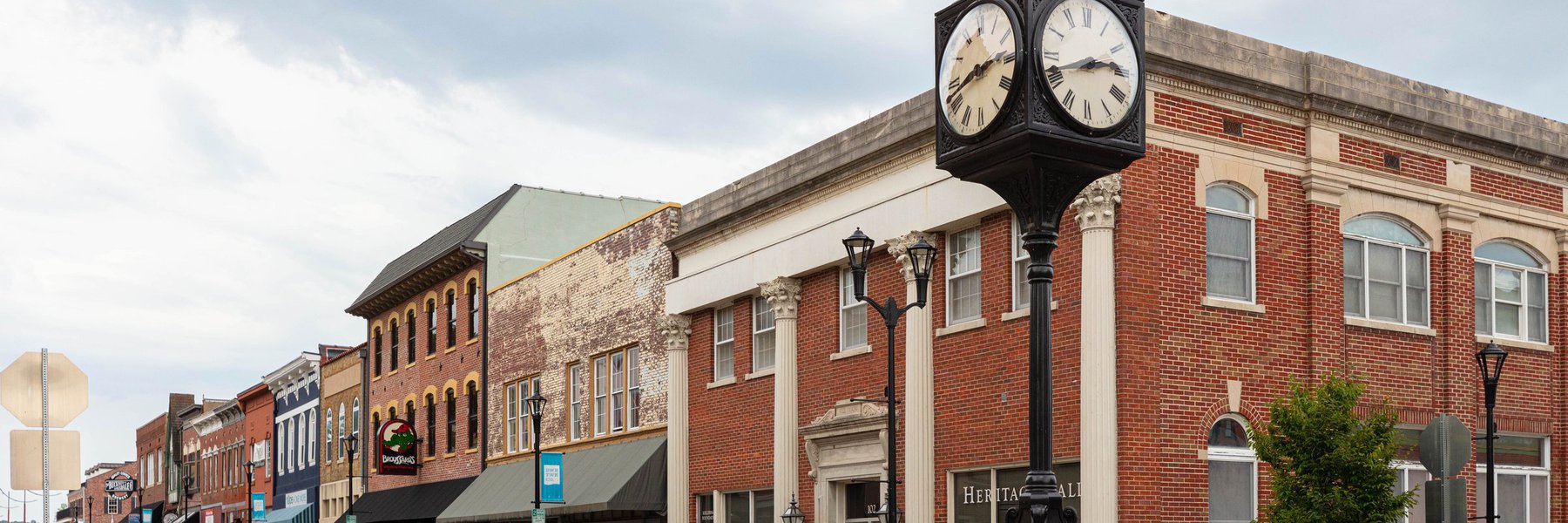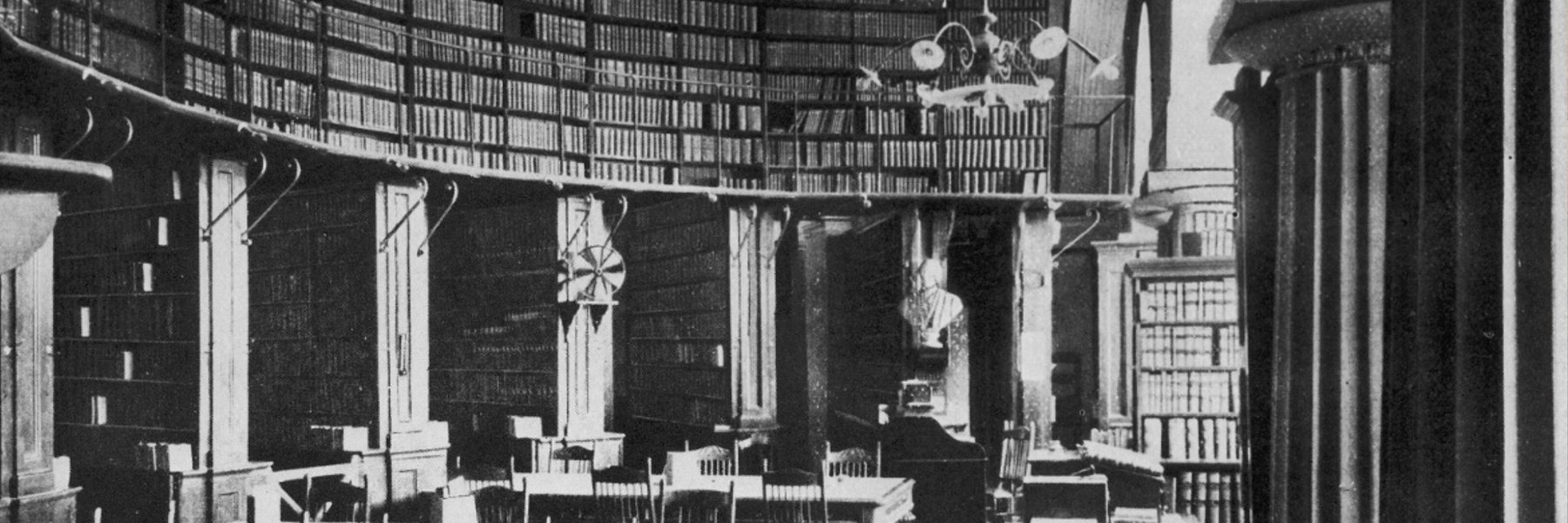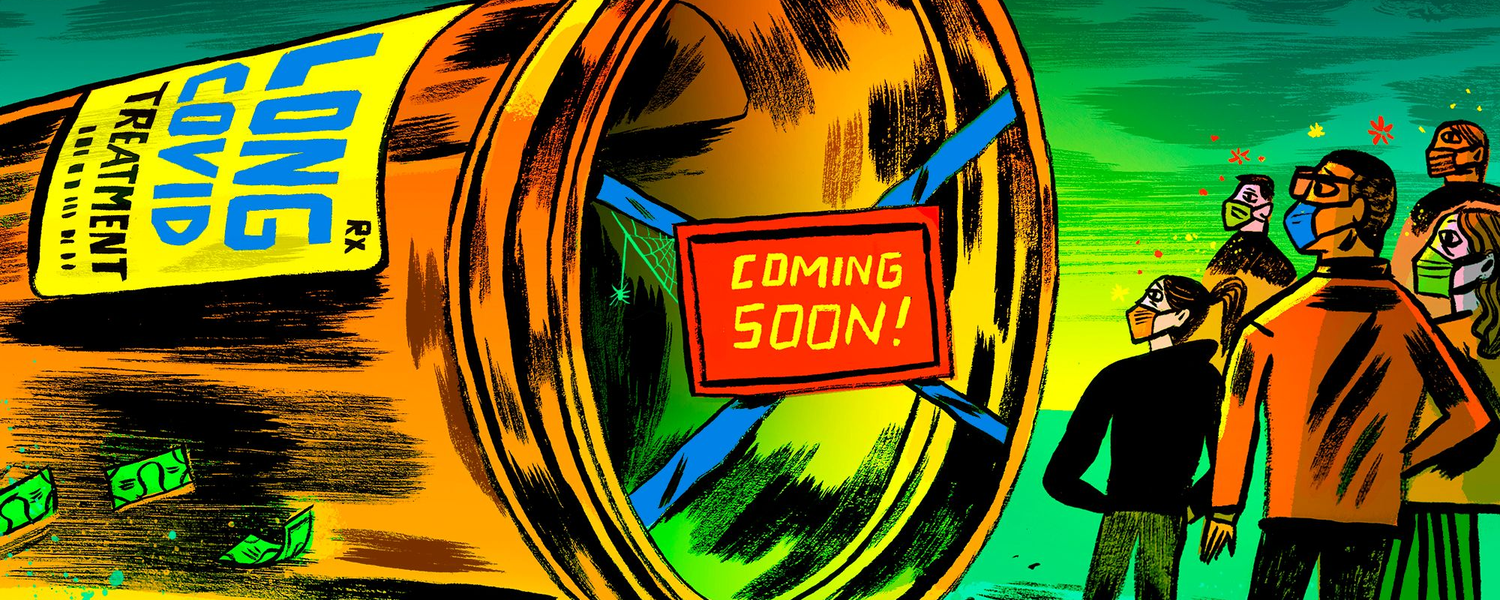Keeping schools open and safe during the COVID-19 pandemic isn’t simple, but one key to safer environments involves upgraded HVAC systems, which help keep air circulating and fresh.
The importance of functional HVAC systems has only increased in recent months, including after findings from a study conducted at East Carolina University suggested they can be effective when determining the presence of the virus that causes COVID-19, as reported recently by WUNC’s Cole Del Charco and WRAL’s Aaron Thomas. This follows Coastal Review Online’s report late last year highlighting a North Carolina state task force’s findings that “sick buildings” could contribute to the spread of COVID-19 and maintenance delays played a role.
The work is only becoming more challenging: Rachel Alexander at the Salem Reporter in Oregon wrote how issues with the supply chain have impacted the time it’s taking to remediate the problem, similar to issues raised in a report published by NC Watchdog Reporting Collective earlier this month.
Which is why we’re filing records requests for key documents regarding school HVAC systems, starting with counties in North Carolina. Curious as to how your school measures up? Share a school district your interested in, and we’ll file a request on your behalf and keep you updated on the project.
North Carolina has become a hotspot for how challenging the conversations can become. One of the first COVID-19 cases in the state was discovered in the Wake County school system. Some teachers chose to assemble and use DIY air filter systems as another layer of protection as students returned to in-person settings. The school district later announced they would no longer allow the box filters to be used, leading to the issue repeatedly being debated during school board meetings. The budget for improving HVAC systems throughout the state, as identified in the latest NC Department of Public Instruction facility needs report from September, approached approximately $693 million, an increase of more than double the amount listed in the 2015 report. Without a bond issued in nearly 30 years, those upgrades have been continuously put off, along with other elements identified in the state’s $12 billion infrastructural wishlist.
Charlotte-Mecklenburg Schools announced plans to install needlepoint bipolar ionization (NBPI) systems in 39 schools lacking outside airflow in the coming months, with work on other properties in the district undertaken as part of its “Air Optimization Projects” as described by Charlotte Journalism Collaborative partner WCNC last September. This is on top of ongoing work to upgrade systems throughout the system and the use of a metrics dashboard to determine how safe it is for schools to remain open, though it does not mention any criteria for how HVAC systems are considered as part of that decision making analysis aside from a goal of increasing airflow in schools by 10-15 percent where feasible. The issue will receive additional attention as the state is allowing communities in the “yellow” area to consider relaxing portions of their mask mandates, as reported recently by WFAE.
Public records — in the forms of equipment inspections, budget requests, and air quality tests — can help the public better understand the needs and opportunities as these investments are debated.
How soon will these upgrades to the HVAC systems take place? How are school districts approaching airflow-related issues as they wait for these upgrades to be completed? What metrics are being used to determine overall safety for everyone throughout the system?
We’ve filed requests for information to answer those questions in four counties in North Carolina — Charlotte-Mecklenburg, Cleveland, Wake, and Washington — with plans to expand to other counties as we see what kinds of useful information come back. Carolina Demography, an applied demography group at UNC-Chapel Hill, will assist with analysis.
Our goal is to file additional requests throughout the country, exploring the importance of infrastructure as the pandemic continues and we move forward, forever changed. If you’re interested in information about HVAC maintenance in your own community — whether in North Carolina or another state — just let us know by visiting our submission form and providing us with the details.
Header image licensed via Shutterstock.




